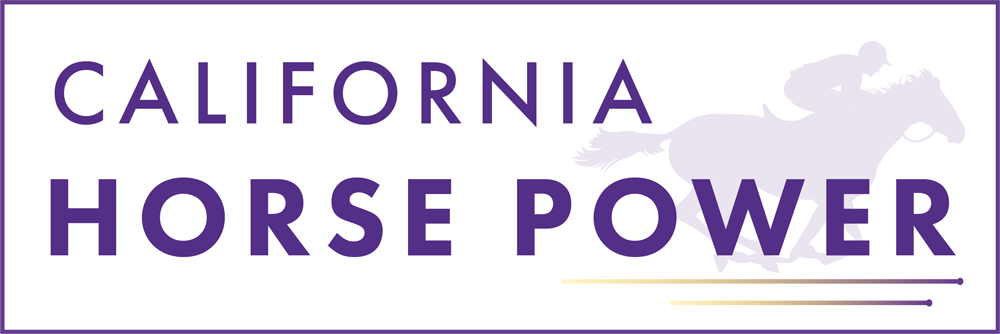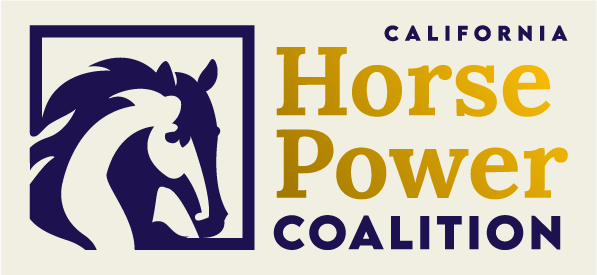By: Byron King
Published: November 22, 2022
Speaking before the California Horse Racing Board during its monthly meeting Nov. 22, representatives of California’s leading industry stakeholders announced the launch of the California Horse Power Coalition.
The coalition is a partnership of Thoroughbred associations whose mission, according to its website, “is to preserve and protect California’s vibrant equestrian culture by bringing together equine industry leaders, workers, families, and fans of the sport and illustrating its significant benefits.” Members of the coalition include Del Mar, Santa Anita Park, Thoroughbred Owners of California, and numerous other groups in the state.
Representatives of these stakeholders provided an overview of the coalition’s goals without elaborating on specific plans.
In their remarks before the CHRB, Jordyn Egan, executive director of the TOC, and Amy Zimmerman, senior vice president and executive producer at Santa Anita, emphasized how star horses, such as likely Horse of the Year Flightline , command a large audience, and marquee events such as the Breeders’ Cup bring in tourist dollars and reinvigorate the enthusiasm for the sport.
Santa Anita is the host of the 2023 Breeders’ Cup, marking the 10th time in the 16 years the event has been held in California, Zimmerman said.
Comments of coalition support were echoed by follow-up statements from Cliff Goodrich, executive director of the California Thoroughbred Horsemen’s Foundation; Dr. Casille Batten, track veterinarian at Golden Gate Fields; and Natasha Clawson of the California Retirement Management Account.
Later during the CHRB meeting, the four commissioners in attendance approved two-year licenses for advance deposit wagering platforms while emphasizing a requirement that in another couple of years, all the ADW providers would need to have the capability to offer alternative wagering options when a horse is scratched in certain multi-race exotic wagers.
Commissioners also unanimously backed entering into a voluntary implementation agreement with the Horseracing Integrity and Safety Authority, even after the U.S. Fifth Circuit Court of Appeals declared the enabling legislation unconstitutional in a ruling Nov. 18. That court decision will be contested, according to HISA, and the earliest that ruling could take effect is Jan. 10, after HISA’s Anti-Doping and Medication Control Program begins Jan. 1.
CHRB staff council Amanda Brown suggested the case could be delayed and potentially go before the Supreme Court if the U.S. Sixth Circuit Court of Appeals rules in HISA’s favor in another case going through the court system.
“What’s the downside if we approve the voluntary agreement and HISA goes down? Is there any downside for us?” CHRB chairman Dr. Greg Ferraro asked Brown.
“No, the agreement would be void, and there’d be nothing for us to enforce. We would go back to our California Rules pre-HISA,” Brown said.
Cynthia Alameda, deputy executive director of the CHRB, added the regulator would cease collecting funds if HISA is ultimately declared unconstitutional, though she speculated that fees paid for the first six months of HISA for start-up funding likely would not be recouped.
Later during his report, equine medical director Dr. Jeff Blea said the biggest change coming to medication rules for California participants deals with HISA’s use of detection times compared to the longtime practice of using thresholds.
“So I’m gonna recommend people push their medication administrations back further,” Blea said.
The CHRB also advanced a motion, clarifying its rules to indicate that the use or possession of compounded medications is not a violation of CHRB rules if done in an approved manner. The move stemmed from the California Veterinary Medical Board interpreting CHRB differently than the CHRB and filing accusations against several equine veterinarians for prescribing such medications.

